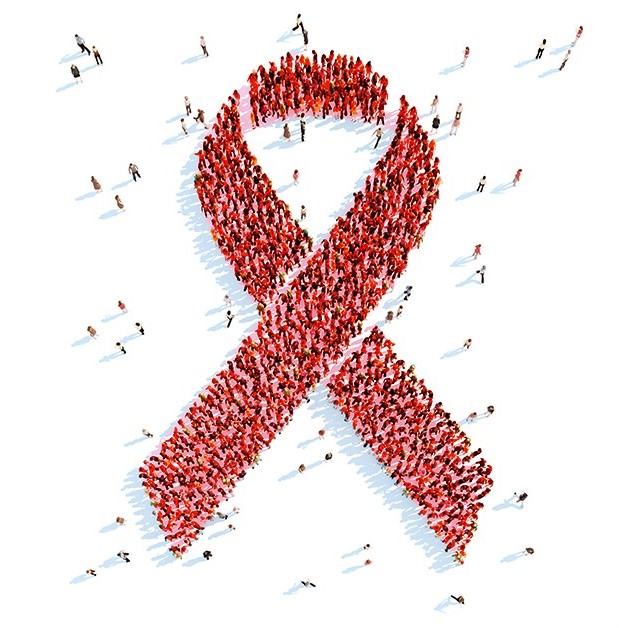HIV/AIDS continues to impact numerous communities across the globe, with particular focus needed on addressing the disproportionate impact on people of color and women involved in sex work. Recent data from the Centers for Disease Control and Prevention (CDC) revealed that in 2021, 18% of new HIV diagnoses were in women, with 2% of these cases being transgender women. These statistics highlight the urgency of implementing effective prevention strategies, especially within marginalized communities.
It is crucial to acknowledge the intersecting societal factors that contribute to the spread of HIV within these communities. According to the CDC, most new cases of HIV among women are attributed to heterosexual contact. Furthermore, 54% of newly diagnosed cases are among black/African American women, and shockingly, one in nine women with HIV are unaware of their status. These numbers emphasize the pressing need for comprehensive prevention efforts that prioritize accessibility, awareness, and inclusivity.
Moreover, efforts to address the root causes of disparities in healthcare delivery, particularly in the context of women’s wellness, are crucial. By incorporating a social justice framework into the work of organizations like CASH, strides can be made towards ensuring that healthcare services are more inclusive and equitable. Overall, it is imperative to recognize the multifaceted nature of HIV prevention and to prioritize action that is inclusive, empathetic, and firmly rooted in principles of health equity. By working collectively to dismantle systemic barriers and provide support that is sensitive to the diverse needs of at-risk communities, we can make substantial progress towards effectively preventing HIV and improving the overall wellness of all individuals.
Access to healthcare and coverage remains a significant barrier for many individuals, particularly among people of color and marginalized populations, even with the implementation of the Affordable Care Act. Data from Kaiser highlights the disparities faced by these communities in obtaining insurance coverage and necessary care. It is evident that addressing these systemic barriers is fundamental in the fight against HIV/AIDS.
Community-based organizations, such as CASH, play a vital role in HIV prevention and care. CASH serves as an example of an organization that is deeply rooted in addressing the needs of at-risk groups. With 75% of its clients being women of color and all being survivors of commercial sexual exploitation, CASH operates within a peer-led, harm reduction model, fostering trust and providing non-judgmental support to address the health needs of these individuals.
Moving forward, the goals for HIV prevention and linkages for care must encompass increasing access to testing, healthcare, insurance coverage, and social support. It is imperative to tackle the longstanding inequities in our healthcare systems to ensure that all individuals, regardless of their background, have equal access to the care and resources needed for HIV prevention and treatment.

